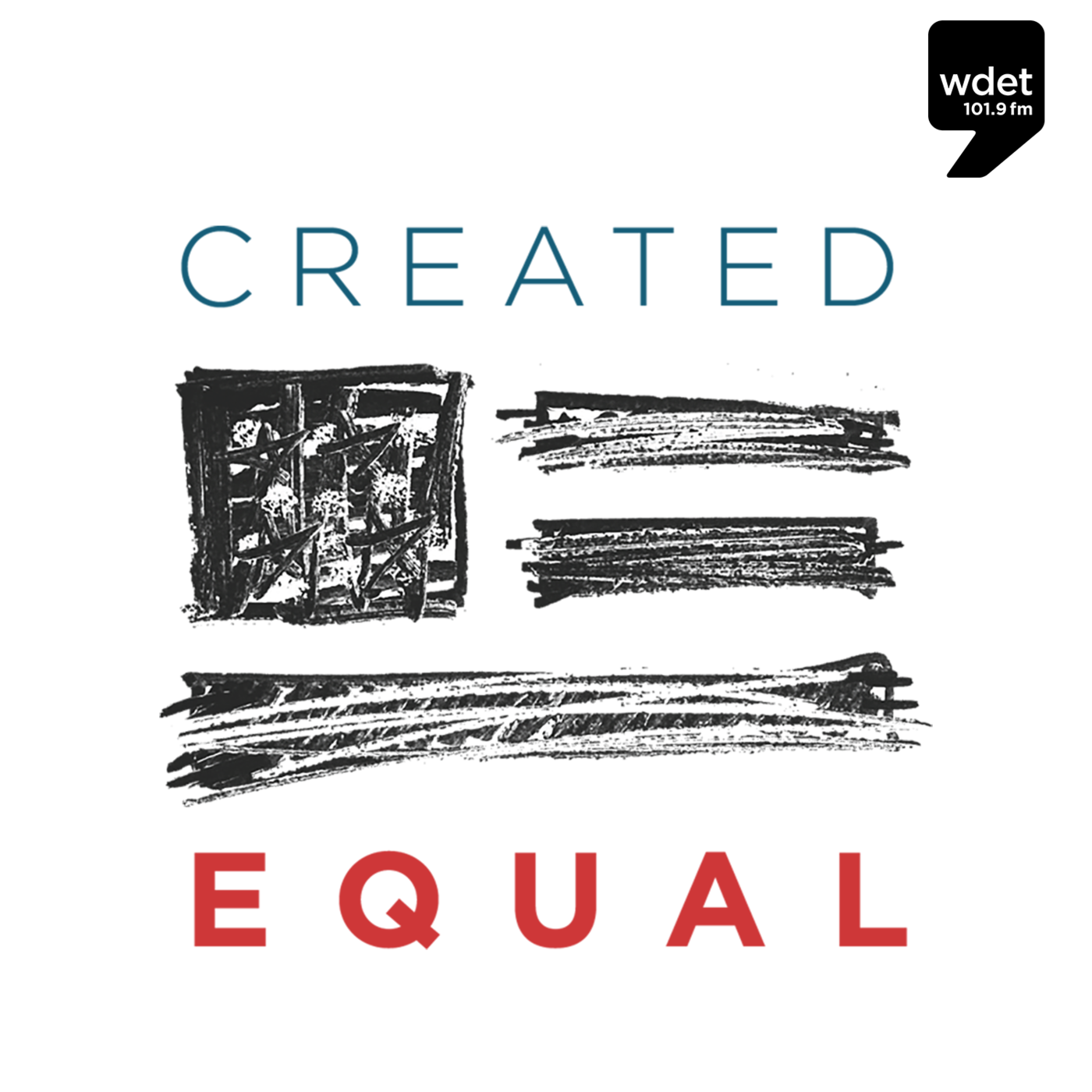

Detroit Mayor Mike Duggan announced last week that he will not seek reelection in 2025, ending a 12-year run that saw Detroit exit bankruptcy and begin the climb back to stability. Anika Goss, CEO of Detroit Future City, joins Created Equal along with journalists John Gallagher and Darren Nichols to discuss what has happened over the last decade of Duggan's leadership and what awaits the city's next leader.

Today on Created Equal, we share highlights from this week's episodes, including conversations about Michigan’s Election Day turnout, the future of the Democratic Party in the wake of Trump’s victory and more.

Jeremy Hobson, host of the national NPR call-in show "The Middle," returns to Created Equal to reflect on how the American middle class and middle-class issues played a significant role in the 2024 presidential election.

Michigan set a record in the 2024 election. Secretary of State Jocelyn Benson announced that 79% of eligible voters in the state cast their ballots — the highest turnout in the state's history. However, turnout in Detroit decreased — and nationwide, nearly 13 million voters stayed home. The efforts to expand voter rolls are working, but why aren't they connecting in places like Detroit? Mario Marrow, political consultant and president of Mario Marrow and Associates, and Brady Baybeck, professor of political science at Wayne State University, join Created Equal to discuss what happened, and what it means for our democracy going forward.

Democrats were on the blunt end of a very strong message on Election Day, as Donald Trump flipped many parts of the country and some traditionally Democratic constituencies to win another term in the White House. What’s the lesson for the party going forward? Representative Debbie Dingell and political strategist Jamal Simmons join the show to discuss the future of the Democratic party in the wake of a Trump victory.

College-educated voters are moving dramatically into the ranks of the Democratic Party, attracted by the party’s views on subjects like diversity and inclusion. And less educated voters are flocking to the Republican Party, drawn by its skepticism of cultural change. The authors of "Polarized by Degrees: How the Diploma Divide and the Culture War Transformed American Politics," Matt Grossman and David Hopkins, join the show to talk about the ways that higher education status reflects — and influences — the American political landscape.

Although Michigan has historically been a “blue wall” state, we saw several Republican victories here in this week’s elections. Michigan Public Political Director Zoe Clark, Michigan Public Radio Network Capitol Reporter Colin Jackson, and Detroit News Politics Editor Chad Livengood join the show to discuss the results of Michigan election races and what they mean for the future of the state.

Voters have chosen Donald Trump as the 47th President of the United States. But what does the Republican Party look like now, with the many defections that have taken place in the Trump era? Today on Created Equal, Stephen Henderson is joined by Shikha Dalmia, president of the Institute for the Study of Modern Authoritarianism; Andrea Bitely, a political and communications strategist at Bitely Communications; and Fred Upton, a former U.S. Rep from Michigan, to discuss the future of conservative politics and the Republican Party.

Nancy Kaffer of the Detroit Free Press, former Michigan Senator Randall Richardville, and Washington Post columnist E.J. Dionne join the show to discuss Donald Trump's reelection, local races in Michigan and in Detroit, and what this election says about voters, their preferences, and the state of the country.

Election Day is finally here. American democracy has persisted for more than two centuries, and the importance of the results of this year’s election has been touted by both sides of the political aisle. Today on Created Equal, award-winning journalist Desiree Cooper and New York Times columnist Bret Stephens join the show to discuss how they feel about American democracy and what they are keeping in mind as they cast their ballots.